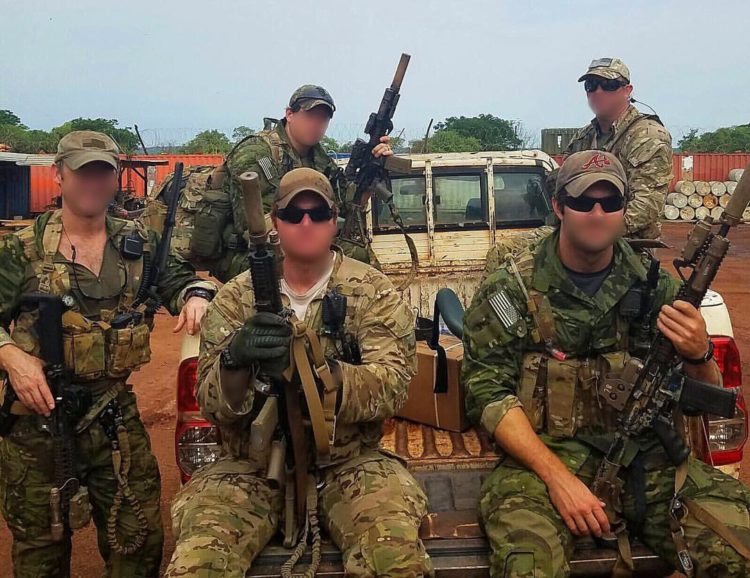
With attacks on host nation military forces and civilians on the rise, French president Emmanuel Macron called for a summit of the G5 nations (Burkina Faso, Chad, Mali, Niger, and Mauritania) in Pau, France. He asked for European military support for the ongoing “Operation Barkhane” to prevent the entire Sahel from sinking into chaos.
The French are setting up a Special Operations task force called “Takuba,” which in Taureg means saber. Belgium, the Czech Republic, Denmark, Estonia, the Netherlands, and Portugal have all committed troops to the new French-led Task Force. The SOF task force should be operational this summer and be completely staffed by early 2021. The United States has not joined the coalition but does supply aerial support, especially surveillance drones which are invaluable for counter-terror operations.
Special Operation Task Force Takuba will have four priorities: counterterrorism, host nation force building, reestablishment of state authority, and internal Development. It will operate in the Liptako region located in the tri-border areas of Mali, Burkina Faso, and Niger. It will be headquartered near the French military base in the Nigerien city of Niamey.
The French initiative is a good start because militarily, the situation needs to stabilize. Yet, the European troops, by themselves, won’t be enough. Therefore, training the host nations’ troops tactically will go a long way. Ιntelligence-gathering and civic action efforts must also be strengthened.
Terror groups are not the only perpetrators of crimes against the local populations. Many of the African states in the region have had authoritarian rulers: Adding more military forces, especially well-trained ones, will present an opportunity, which many military leaders have taken advantage of in the past — an opportunity to answer to no one. Thus, instilling in the troops respect basic human rights, humanitarian law, and the rule of law is necessary. The military must be accountable.
At this stage, security is paramount but it is only the first step. Military forces can stabilize the current security situation, but will not address the root causes of the instability.
Social and economic reforms are as important to success as much as a military victory in the field is. Tellingly, the UN listed four of the five G5 nations among the top 10 countries that perform the lowest on the Human Development Index. (The Index takes into account life expectancy, years of schooling, Gross National Income per capita, etc.)
Furthermore, to achieve long-term success, the host nations must reintegrate themselves into these afflicted and sparsely populated areas and address the daily issues that these areas face. They have to deal with the corruption and poverty that not only cripple them but produce a breeding ground for the terror groups to recruit from. Providing job opportunities for the young gives them a clear path away from violent jihadism.
The food crisis brought about by climate change can be countered by the region’s vast and untapped water resources. Estimates calculate that just under 20 percent of the region’s irrigation potential has been developed.
Development can be supported by international funding either from organizations like the World Bank, or directly from the EU or the U.S. Nevertheless, just throwing money at the problem won’t solve any issues; rather it will likely lead to further bureaucratic corruption. Hence, funds for the region’s economic development should be tied to strict accountability provisions.
Ultimately, the people must believe that their governments are working for them and not in spite of them and that their lot will improve not by attacking neighboring regions but by working in cooperation with their governments: The Sahel countries have to stop asking the beleaguered communities to protect themselves through armed militia groups. These groups are a stopgap measure that will only stoke up more inter-communal conflict in the future.
In conclusion, the task of restoring order and bringing sustained peace in the Sahel is daunting but not impossible. It won’t be won with just drone strikes and Special Operations troops conducting counter-terror operations in the countryside. If equal emphasis is not placed on the region’s social and economic betterment, our SOF troops will be just playing “whack-a-doodle” with the terror groups in another time and place.










COMMENTS